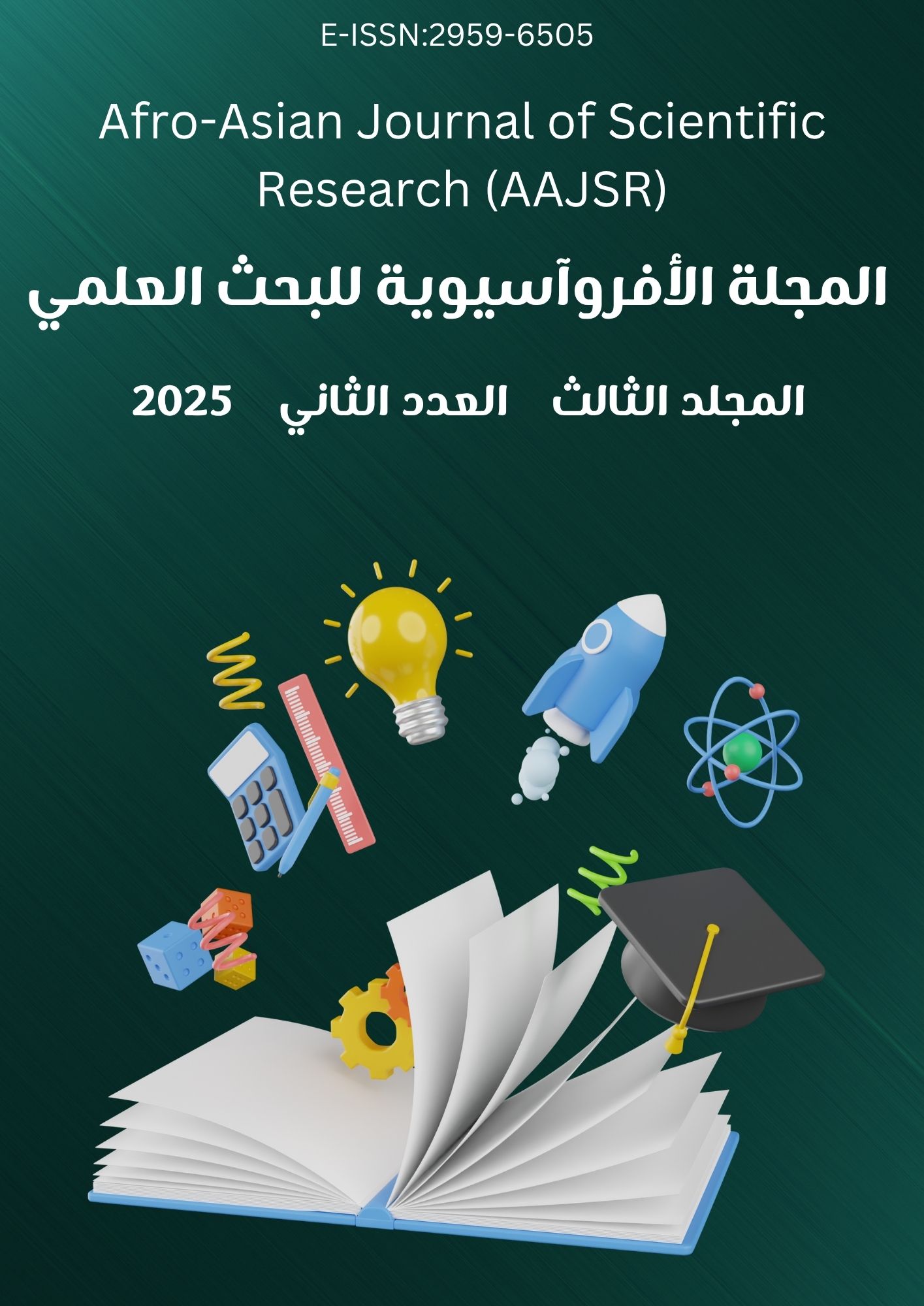Testing the Hypothesis of the Triple Deficit in the Sudan Economy: An econometric study during the period (1990-2021)
الكلمات المفتاحية:
Triple Deficit، Nonlinear Autoregressive Distributed Lagged Model، Error Correction Modelالملخص
The study aimed to test the hypothesis of nonlinear relationship between both the government, private saving deficit and the current account deficit( the triple deficit) in Sudan during the period 1990 – 2021, by using autoregressive distributed Lagged model, it revealed the existence of an equilibrium relationship in both short and long run, and asymmetric relationship in long run, the significance of government and private saving deficit coefficients, if they increased by 1%, the current account deficit will increase by 0.16, 0.49, a decrease of 1% leads to an increase in the current account deficit by 0.75, 0.49, this due to the small saving scales and not directing a part of them to investment, the value of Error correction coefficient was (-0.97), this means there is a long run equilibrium relationship, so any short run imbalance can be corrected within 12.27 month, it recommended the necessity to mobilizing savings and directing them towards investments to increase the competitiveness and reduce the current account deficit.






